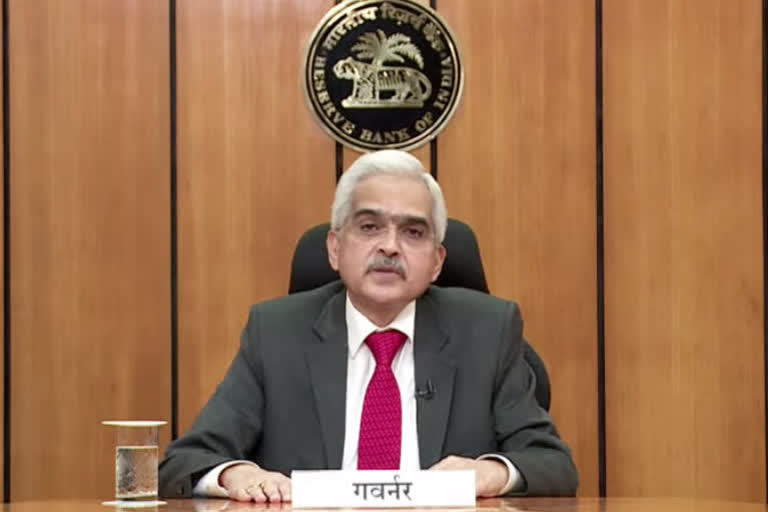New Delhi: Reserve Bank Governor Shaktikanta Das on Monday said that accurate and analytical audit reports are essential for financial stability and growth as they instil confidence among members of the public.
In case of the public sector, auditing is a cornerstone of good governance, he said while addressing officers at the National Academy of Audit and Accounts (NAAA).
“By providing unbiased and objective assessments of whether public resources are managed responsibly and effectively to achieve the intended results, a fair and impartial audit instils confidence among citizens and stakeholders," he stated.
Observing that fair and impartial audit in a globally integrated economy is not just a domestic concern, he said, it also an instrument to enhance the country's reputation and credibility on a global stage.
"With increasing complexity of financial markets and higher expectations from the public about efficient resource allocation, the role of audit has become even more important.
“As India aspires to grow faster, the expertise and independence of auditors will have to be leveraged to provide more assurance on financial performance to all stakeholders. We need robust audit for a dynamic and resilient economy," he said.
Noting that economic decisions are increasingly made based on available evidence and information, he said, inaccurate data may lead to sub optimal decisions or excesses in resource allocation, which will be neither in public interest where public authorities are involved, nor in the interest of individual stakeholders.
Citing an example of the banking sector, the governor said if a bank sanctions loan on the basis of inaccurate and misleading financial statements, the borrower company is ultimately unable to repay it.
Apart from the loss incurred, he said, this could make the bank risk averse and deprive other eligible companies from bank funding.
Alternatively, he said, the bank may try to recover this loss by charging an interest rate to other borrowers, thus resulting in sowing seeds of non viability in such borrowers. This would create a situation of higher interest cost to the overall economy and the society.
"Informative, accurate, reliable and analytical audit reports are sine qua non (an essential condition) for both financial stability and growth... Thus, the independence of the auditor and the role of ethics in the profession of auditing are two of the most important aspects which should draw our attention," he said.
Audit being the first external line of defence, he said, its failure in supervised entities will adversely impact timely identification of major issues and risks in the financial sector.
"With globalisation and increasing complexities of the financial system, audit as a public good has become vital for a sound, stable and vibrant financial system," he said.
He urged the auditor community to update and upgrade skills on a constant basis, and perform their task in the most effective manner.
"The profile of tomorrow's auditor will be that of a critical yet constructive challenger, with a clear focus on public interest and quality audits. In essence, there is need to be even more professional, qualified, impartial, value driven, ethical and also display awareness and foresight," he said.
Observing that there is a need to improve the quality and depth of audit, he said the Reserve Bank has taken a host of steps in consultation with the Institute of Chartered Accountants of India (ICAI) for improving the audit of banks and financial institutions.
Listing out some of the recent measures, he said, risk-based internal audit system for commercial banks was strengthened in January this year and also updated the guidelines for appointment of statutory auditors in banks and NBFCs in April.
On the importance of corporate governance, Das said, the RBI has been repeatedly emphasising the importance of strong governance framework in banks and NBFCs.
Such a framework has to be built on principles of transparency, prudent business strategy, effective risk management and a strong compliance culture, he said.
Financial sector entities, the audit community and the financial sector regulators and supervisors have to work together and take proactive steps to ensure good governance and ethical practices to build a strong and resilient financial sector, he added.
PTI



